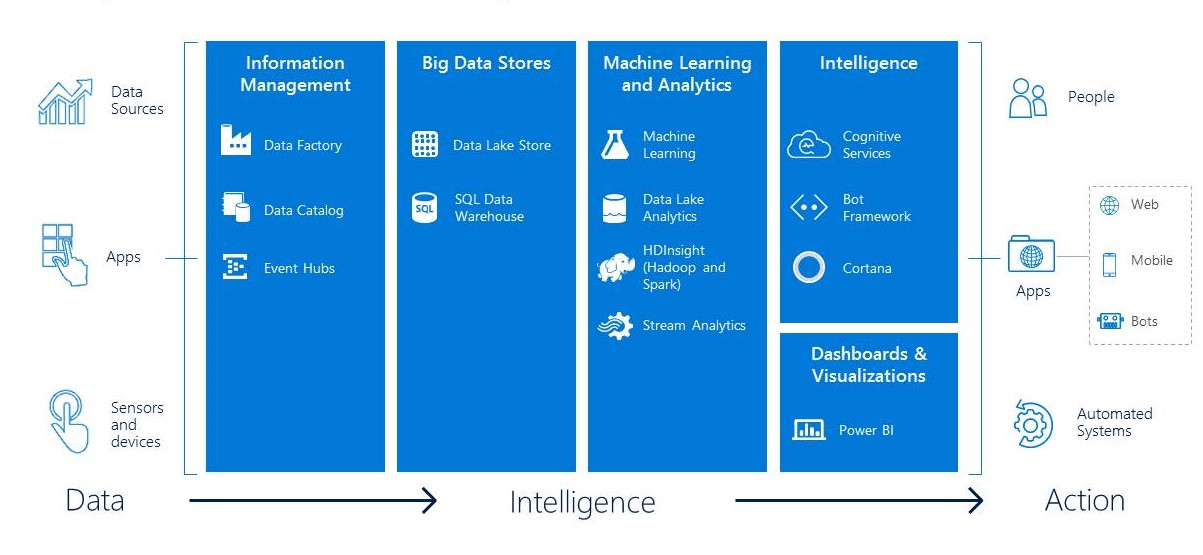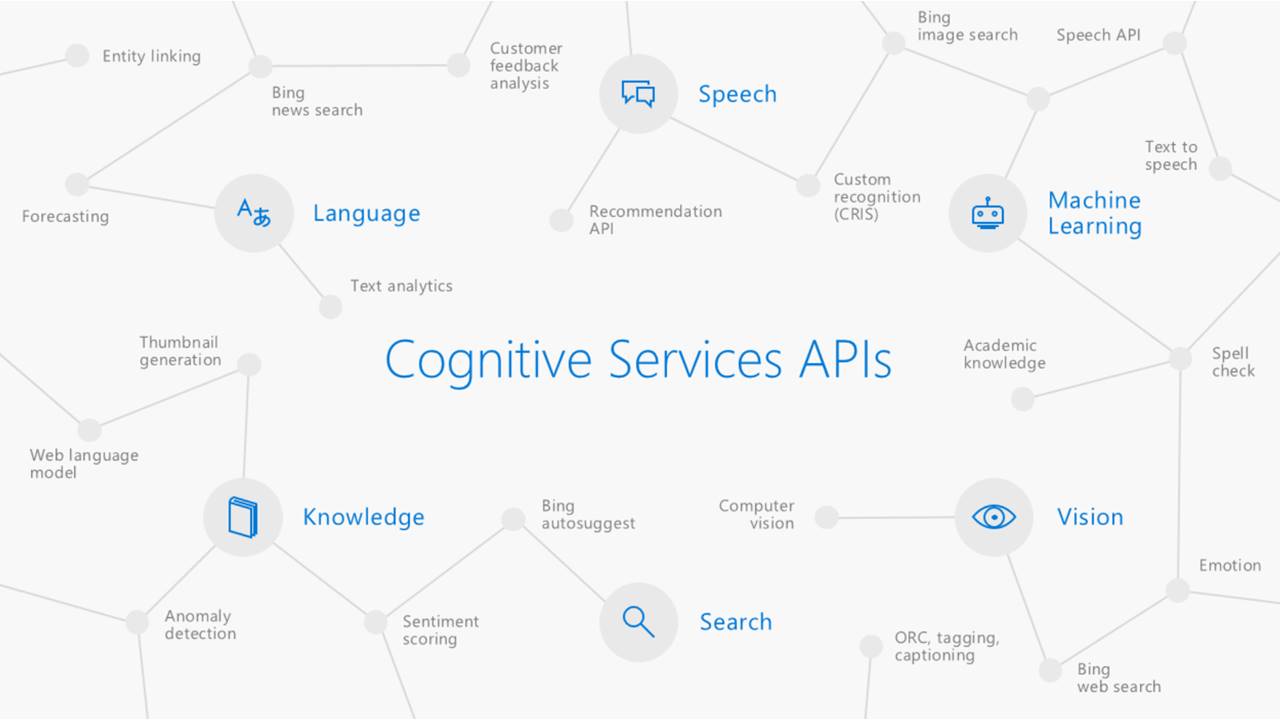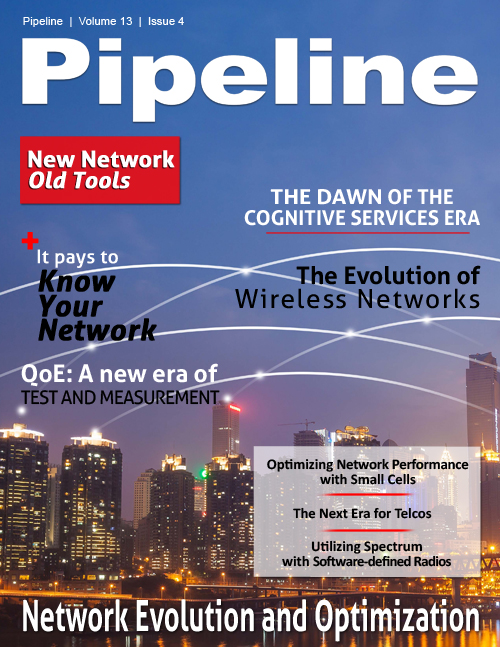Microsoft: The Dawn of the Cognitive Services Era
By: Rick Lievano

Every few years a new technology emerges to a point where it significantly impacts the world in which we live – both personally and professionally. In the last decade, the advent of virtualization and cloud computing significantly altered the software market, ushering in a range of new products and services and a new methodology for managing both. By contrast, “Big Data” has failed to reach the full potential that its proponents evangelized. Big Data has led to lots and lots of data, but only limited actionable results. But that’s all about to change.
Cognitive services, such as those in the Cortana Intelligence Suite, could be the missing link in resolving the Big Data revolution. Machine learning algorithms can provide value for collected data. They can process the increasing petabytes of real-time streaming information. You will be able to provide automated decisions based upon a learned understanding of the data. Cognitive services are the next big-impact technology.

The combination of several mature technologies is now facilitating today’s break out of cognitive services. The convergence of four factors has triggered this: (1) the almost limitless computing capabilities of the cloud, (2) access to substantial data sets for training and analysis, (3) advances in algorithms and training methods such as deep neural network learning, and (4) the advent of commercially available SDKs and APIs that make connecting to these cloud services relatively simple.
It’s important to note that this isn’t brand new technology. As is the case with all emerging software revolutions, multiple players have been around a long time. We’ve been at it across various Microsoft product groups for years. Known in the past as Project Oxford, Microsoft researchers contributed to the advancement of the science while building popular cognitive tools for customers. The Cortana personal assistant, integrated with Windows 10, has responded to over a billion questions asked by over a hundred million different customers. But it was just the tip of the spear. Now Microsoft is bundling this experience into Microsoft Cognitive Services.
Cognitive Services, Defined
With the rapid advances in natural language processing and visual image processing, we have reached a nexus point in the evolution of this cognitive services. The most information rich senses for human interaction with the world can be recognized and analyzed by software. When these are considered together, complex machine behaviors can be realized. Microsoft has organized the Cognitive Services APIs around five domains: Speech, Language, Vision, Knowledge, and Search.




















